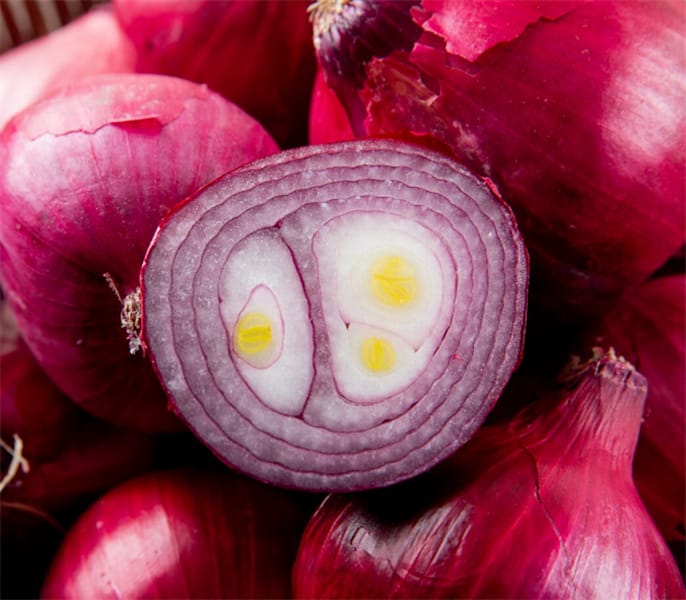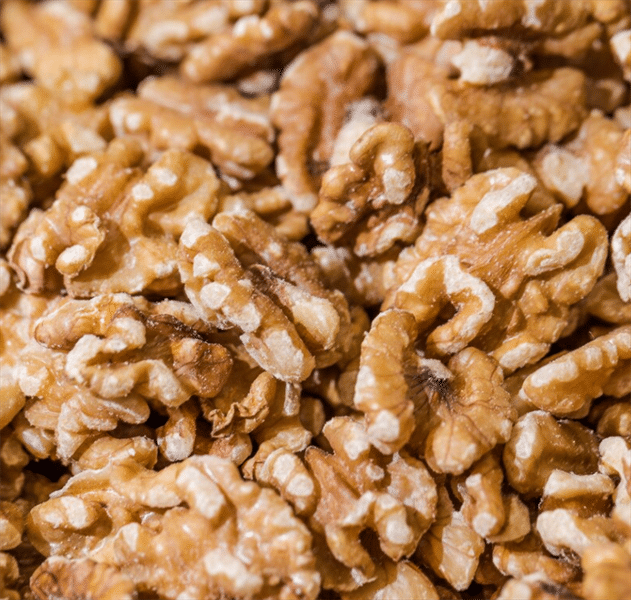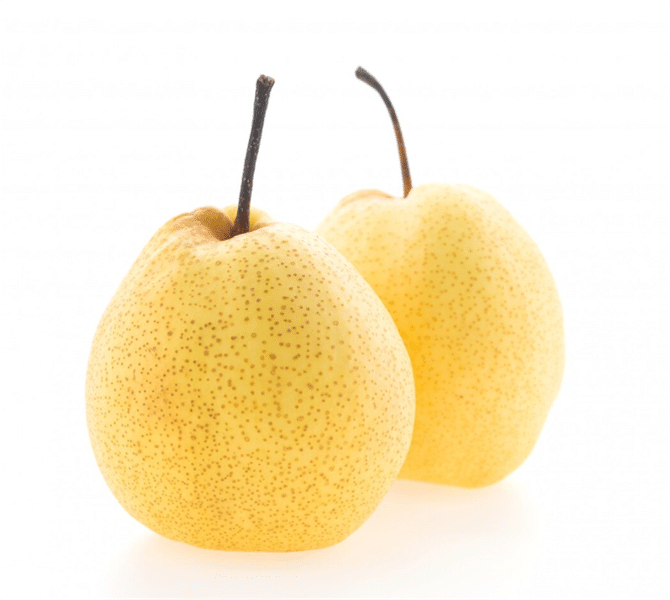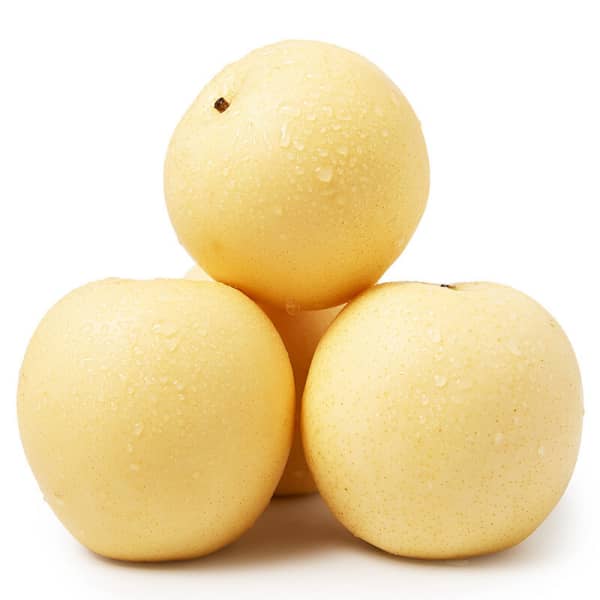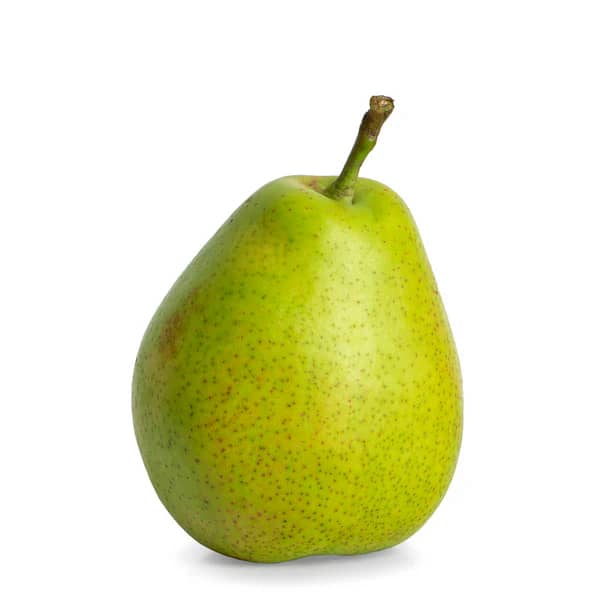Overview
Sweet onions are prized for their mild flavor and versatility in both culinary and medicinal applications. This article delves into the characteristics, benefits, and applications of sweet onions, emphasizing the advantages of sourcing them from China. Furthermore, we will spotlight CAIE, a leading supplier known for its high-quality agricultural products and exceptional service.
What is a Sweet Onion?
Sweet onions (Allium cepa) are a popular onion variety known for their low sulfur content and higher sugar levels, which give them a mild and sweet taste. They are less pungent than other onions, making them ideal for raw consumption and various culinary uses.
Cultivation and Harvesting
Sweet onions are typically grown in well-drained, sandy soils and require specific cultivation practices to maintain their unique flavor profile:
- Planting: Seeds or sets are planted in the early spring or fall, depending on the region.
- Growing: Requires ample sunlight, regular watering, and proper spacing to ensure bulb development.
- Harvesting: Generally harvested in late spring or summer when the tops start to fall over and dry out.
- Curing: Onions are dried in a well-ventilated area to enhance their storage life and flavor.
- Processing: Cleaned and sorted to ensure only high-quality bulbs are packaged.
Basic Information of Sweet Onions from China
| Attribute | Description |
|---|---|
| Type | Allium cepa (Sweet Onion) |
| Components | Vitamins (C, B6), minerals (potassium, magnesium), fiber |
| Properties | Antioxidant, anti-inflammatory, antibacterial |
| Features | Mild, sweet flavor, low sulfur content, high sugar levels |
| Specifications | Available in whole bulbs, sliced, diced, or powdered forms |
| Color | Pale yellow to white skin and flesh |
| Grades | Grade A (premium), Grade B (standard), Grade C (economical) |
| Standards | Meets international food safety and quality standards |
Applications of Sweet Onions from China
- Culinary:
- Ideal for raw dishes like salads, salsas, and sandwiches.
- Enhances flavors in cooked dishes such as soups, stews, and casseroles.
- Food Processing:
- Used in products like onion rings, frozen meals, and seasoning blends.
- Health Products:
- Incorporated into natural health supplements for their beneficial properties.
- Agriculture:
- Employed in companion planting to repel pests and enhance crop health.
- Food Preservation:
- Essential ingredient in pickling and canning recipes.
Advantages of Sweet Onions
Sweet onions offer numerous benefits:
- Mild and Sweet Flavor: Perfect for both raw and cooked applications without overpowering other ingredients.
- Nutrient-Rich: High in vitamins, minerals, and fiber, contributing to overall health.
- Health Benefits: Provides antioxidant, anti-inflammatory, and antibacterial effects.
- Versatile Use: Suitable for a wide range of culinary and medicinal uses.
- Cost-Effective: Often more affordable compared to other specialty onions.
- Sustainable Practices: Frequently grown using environmentally friendly methods.
- Easy Storage: Suitable for long-term storage in cool, dry conditions.
Why Choose Chinese Agricultural Products?
China is a leading exporter of agricultural products, including sweet onions, due to several compelling reasons:
- Ideal Growing Conditions: Favorable climate and soil for cultivating high-quality crops.
- Advanced Agricultural Techniques: Utilization of modern farming methods to boost yield and quality.
- Competitive Pricing: Lower production and labor costs translate to more affordable products.
- High Standards: Compliance with international food safety and quality standards.
- Sustainable Farming: Commitment to environmentally friendly and sustainable agricultural practices.
Why Choose CAIE?
CAIE stands out in the agro-products market for several reasons:
- Exceptional Quality: Ensures premium sweet onions through rigorous quality control measures.
- Flexible Packaging Options: Offers standard packaging in 10 kg and 20 kg boxes and mesh bags, with customizable options available.
- Reliable Supply Chain: Efficient processes from cultivation to delivery ensure consistent, timely distribution.
- Outstanding Customer Service: Professional and responsive support to address any customer concerns.
- Sustainable Practices: Commitment to environmentally friendly farming techniques.
- Comprehensive Quality Assurance: Rigorous testing to guarantee safety and quality.
- Innovative Solutions: Continuous R&D to improve product quality and operational efficiency.
Specifications of CAIE Brand Sweet Onions Packaging
CAIE provides a variety of packaging options tailored to different needs:
| Packaging Type | Weight | Description | Advantages | Disadvantages |
|---|---|---|---|---|
| Cardboard Box | 10 kg | Sturdy, protects against physical damage | Easy to stack and transport | Heavier and bulkier |
| Cardboard Box | 20 kg | Larger capacity for bulk storage | Cost-effective for large quantities | Difficult to handle due to weight |
| Mesh Bag | 10 kg | Lightweight, allows air circulation | Prevents moisture build-up | Less protective against physical damage |
| Mesh Bag | 20 kg | Higher capacity with breathable packaging | Ideal for large-scale use | Can be cumbersome to move |
CAIE also offers customizable packaging options to meet specific customer requirements, ensuring the sweet onions are stored and transported according to client needs. Please contact our customer service or send an email to CAIE support for more information.
Frequently Asked Questions (FAQ)
1. What makes sweet onions from China a superior choice for consumers?
Sweet onions from China are renowned for their high quality and mild flavor. Cultivated using advanced farming techniques in ideal conditions, they meet international standards for safety and nutrition, making them an excellent choice for consumers seeking both flavor and health benefits.
2. How should I store sweet onions to maintain their freshness?
Store sweet onions in a cool, dry place with good air circulation. Avoid exposure to moisture and direct sunlight to maintain their quality and extend their shelf life. Proper storage can preserve their flavor and potency.
3. Can sweet onions be used for medicinal purposes?
Yes, sweet onions have been used in traditional medicine for their antioxidant, anti-inflammatory, and antibacterial properties. They are commonly used to boost the immune system, improve heart health, and reduce inflammation. However, it’s best to consult with a healthcare professional before using them as a remedy.
4. Is sweet onion suitable for organic farming practices?
Sweet onions can be grown using organic farming practices. It is important to verify if the onions meet specific organic certification standards. For those seeking organic options, it’s best to request certified organic sweet onions.
5. What are the health benefits of consuming sweet onions?
Consuming sweet onions can help improve cardiovascular health, boost the immune system, and provide antioxidant protection. They are also known to have anti-inflammatory properties, which can help in preventing chronic diseases. Regular consumption of sweet onions as part of a balanced diet can contribute to overall well-being.

